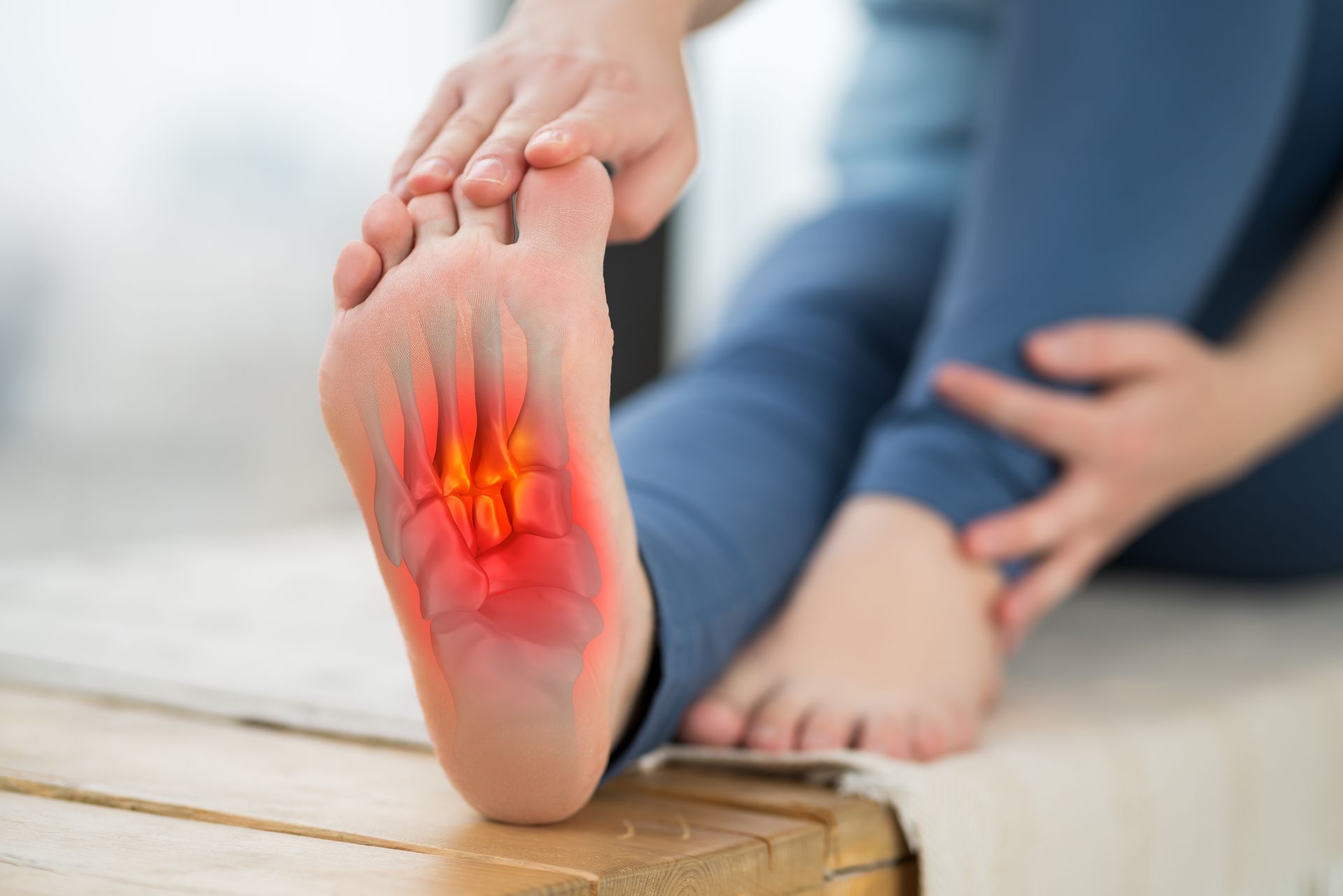Understanding the Distinction Between Podiatry and Orthopedics: When to Consult a Podiatrist
In the realm of foot and ankle care, two primary disciplines often come to the forefront: podiatry and orthopedics. While both specialties deal with issues related to the musculoskeletal system, they have nuanced differences in focus and approach. Understanding these disparities can empower individuals to make informed decisions regarding their foot health. In this comprehensive guide brought to you by Family Foot and Ankle, we delve into the dissimilarities between podiatry and orthopedics and elucidate when it's most beneficial to consult a podiatrist.
Podiatry vs. Orthopedics: Unraveling the Contrast
Podiatrists are healthcare professionals who specialize in diagnosing, treating, and preventing conditions affecting the feet, ankles, and lower extremities. They undergo extensive training specifically tailored to foot and ankle care, including surgical interventions if necessary. On the other hand, orthopedic surgeons primarily focus on the musculoskeletal system as a whole, which encompasses not only the feet and ankles but also joints, bones, muscles, and ligaments throughout the body.
Specialized Expertise:
Podiatrists possess in-depth knowledge and expertise concerning the complexities of foot and ankle anatomy, biomechanics, and related conditions. Their specialization allows them to offer tailored treatments and interventions targeting issues such as bunions, heel pain, ingrown toenails, diabetic foot care, and sports injuries specific to the lower extremities. Conversely, orthopedic surgeons deal with a broader spectrum of musculoskeletal disorders, including those affecting the spine, hips, knees, and shoulders.
Approach to Treatment:
Podiatrists often emphasize conservative, non-invasive treatments to address foot and ankle ailments whenever possible. This may involve methods such as orthotics, physical therapy, medication, and lifestyle modifications. In cases where surgical intervention is warranted, podiatrists are skilled in performing a wide range of procedures, from corrective surgeries for structural deformities to reconstructive surgery for traumatic injuries. Orthopedic surgeons, on the other hand, may initially explore surgical options more readily, especially for complex injuries or degenerative conditions affecting multiple areas of the body.
Patient Population:
While both podiatrists and orthopedic surgeons cater to patients of all ages, podiatrists often specialize in treating specific demographics, such as children, athletes, seniors, or individuals with chronic medical conditions like diabetes. Their focused expertise enables them to address the unique needs and challenges associated with these patient groups effectively.
When to Seek Care from a Podiatrist
Given the distinct focus and specialized skill set of podiatrists, there are several scenarios where consulting a podiatrist is highly recommended:
- Foot Pain or Discomfort: If you experience persistent foot pain, discomfort, swelling, or limited mobility, consulting a podiatrist can help diagnose the underlying cause and formulate an appropriate treatment plan. Whether it's due to overuse injuries, structural abnormalities, or medical conditions like arthritis or neuropathy, podiatrists are equipped to provide targeted interventions to alleviate symptoms and improve quality of life.
- Sports-Related Injuries: Athletes and fitness enthusiasts often encounter foot and ankle injuries resulting from repetitive strain, improper footwear, or traumatic incidents during physical activity. Podiatrists specialize in sports medicine and can offer comprehensive care, including injury evaluation, rehabilitation, and preventive strategies to minimize the risk of recurrence and optimize athletic performance.
- Foot Deformities or Abnormalities: Structural deformities such as bunions, hammertoes, flat feet, and high arches can lead to pain, instability, and gait abnormalities if left untreated. Podiatrists are skilled in assessing these conditions and recommending appropriate interventions, ranging from conservative measures like orthotics and splints to surgical correction when indicated.
- Diabetes-Related Foot Complications: Individuals with diabetes are particularly susceptible to foot complications due to nerve damage (neuropathy) and impaired circulation (peripheral arterial disease). Regular foot screenings by a podiatrist are essential for early detection of issues such as ulcers, infections, and Charcot foot deformity, as prompt intervention can prevent serious complications and limb loss.
- Ingrown Toenails or Fungal Infections: Ingrown toenails, fungal infections (such as athlete's foot or toenail fungus), and other dermatological conditions affecting the feet can cause discomfort and pose a risk of complications if not properly managed. Podiatrists offer various treatment options, including nail avulsion, topical or oral antifungal medications, and laser therapy, to address these concerns effectively.
- Routine Foot Care: Even in the absence of specific symptoms or conditions, regular foot care is vital for maintaining optimal foot health, especially for individuals at higher risk, such as seniors or those with peripheral vascular disease. Podiatrists can provide preventive care services, including toenail trimming, callus removal, and diabetic foot exams, to prevent minor issues from escalating into more significant problems.
In summary, while both podiatry and orthopedics play crucial roles in managing musculoskeletal disorders, understanding the differences between these specialties is essential for making informed healthcare decisions, particularly regarding foot and ankle concerns. As highlighted in this guide, consulting a podiatrist is advisable for individuals experiencing foot pain, sports injuries, structural deformities, diabetes-related complications, or any other foot-related issues requiring specialized expertise. By partnering with a trusted podiatrist, such as the experienced professionals at
Family Foot and Ankle, individuals can access personalized care and comprehensive solutions to optimize their foot health and overall well-being.











